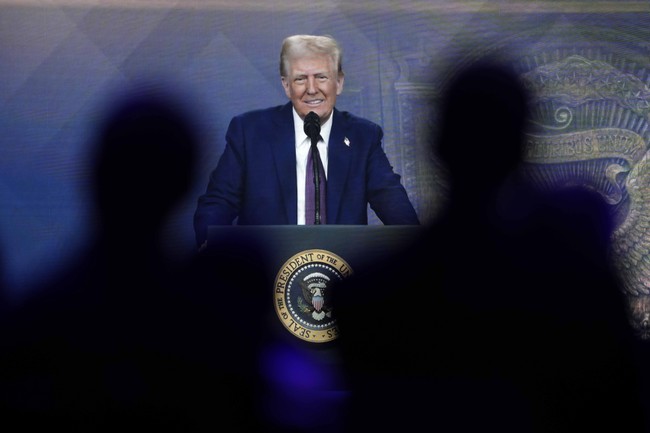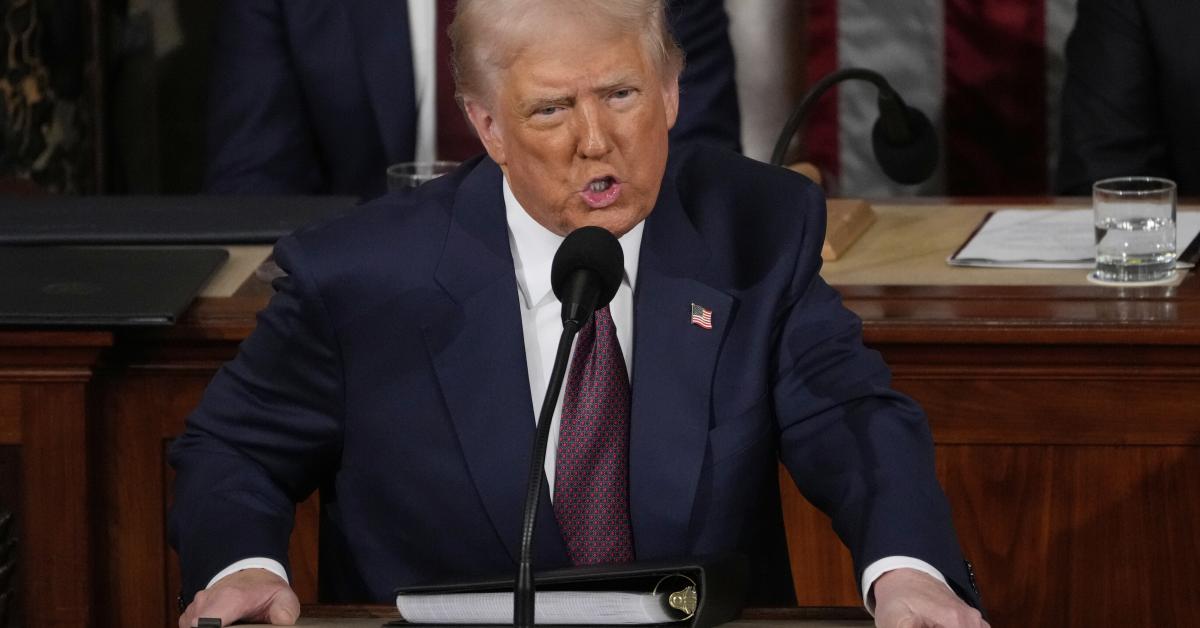In a significant development, there’s talk of a potential halt in federal funding for gain-of-function research, a type of study that enhances the transmissibility or virulence of viruses. This comes amid ongoing debates over the origins and handling of the COVID-19 pandemic.
The Trump administration is reportedly drafting an executive order to pause such funding, aiming to prevent U.S.-backed scientists from engaging in these risky experiments. However, bird flu research could be exempt, raising questions about the rationale behind this exception.
Give Me Five Podcast
Gain-of-function research has been a contentious topic, with some Republicans and intelligence agencies attributing the COVID-19 outbreak to this kind of experimentation.
Critics argue that the potential benefits of understanding how viruses might evolve do not outweigh the risks of creating more potent pathogens. Meanwhile, defenders maintain it is crucial for preparing against future pandemics.
The White Coat Waste Project, a leading government watchdog group, has been vocal in its opposition to gain-of-function research. Justin Goodman, a senior executive at the organization, highlighted their efforts in revealing and curtailing funding for such experiments.
They claim these experiments have not only violated federal policies but also contributed to the spread of COVID-19. They commend President Trump for his decisive steps to end what they consider dangerous and unnecessary animal testing.
Despite the controversies surrounding gain-of-function research, some federal agencies have continued to finance experiments on viruses like bird flu and monkeypox. This persistent funding has fueled criticism that the current administration is ignoring the lessons from the pandemic’s onset.
The White Coat Waste Project, alongside lawmakers like Senators Joni Ernst, Rand Paul, and Roger Marshall, has been at the forefront of pushing for legislative measures to cut taxpayer funding for these experiments.
The debate over gain-of-function research is not just about scientific ethics; it also touches on broader political and economic concerns.
The potential risks associated with these experiments have prompted calls for increased oversight and transparency in how research funds are allocated. Many believe that accountability is necessary to prevent future pandemics and to ensure public trust in health authorities.
In the media landscape, there’s also been a struggle for independent voices to be heard amid allegations of censorship. PJ Media has expressed concern over what they perceive as biased moderation by tech giants like Google, which allegedly suppress certain viewpoints. They argue that independent journalism is essential for a healthy democracy and urge readers to support their endeavors.
For those who value diverse perspectives and critical analysis, supporting independent media outlets becomes crucial. PJ Media encourages readers to join their community and enjoy benefits such as discounts on memberships, which help sustain their operations in an environment that they claim is hostile to dissenting views.
The situation highlights the ongoing battle over who controls the narrative in public discourse. As debates over gain-of-function research and media censorship continue, the importance of maintaining a platform for all voices becomes even more apparent.
Those advocating for greater scrutiny of scientific research argue that transparency and accountability are essential for safeguarding public health.
While the discussions around gain-of-function research remain heated, the focus is also on ensuring that lessons from past pandemics are not forgotten. Policymakers are urged to consider the long-term implications of funding potentially dangerous experiments and to prioritize public safety in their decisions.
As the Trump administration moves forward with its plans, the outcome of this debate could have lasting impacts on both scientific research and public trust. The emphasis on accountability and transparency reflects a broader desire for responsible governance in health-related matters.



